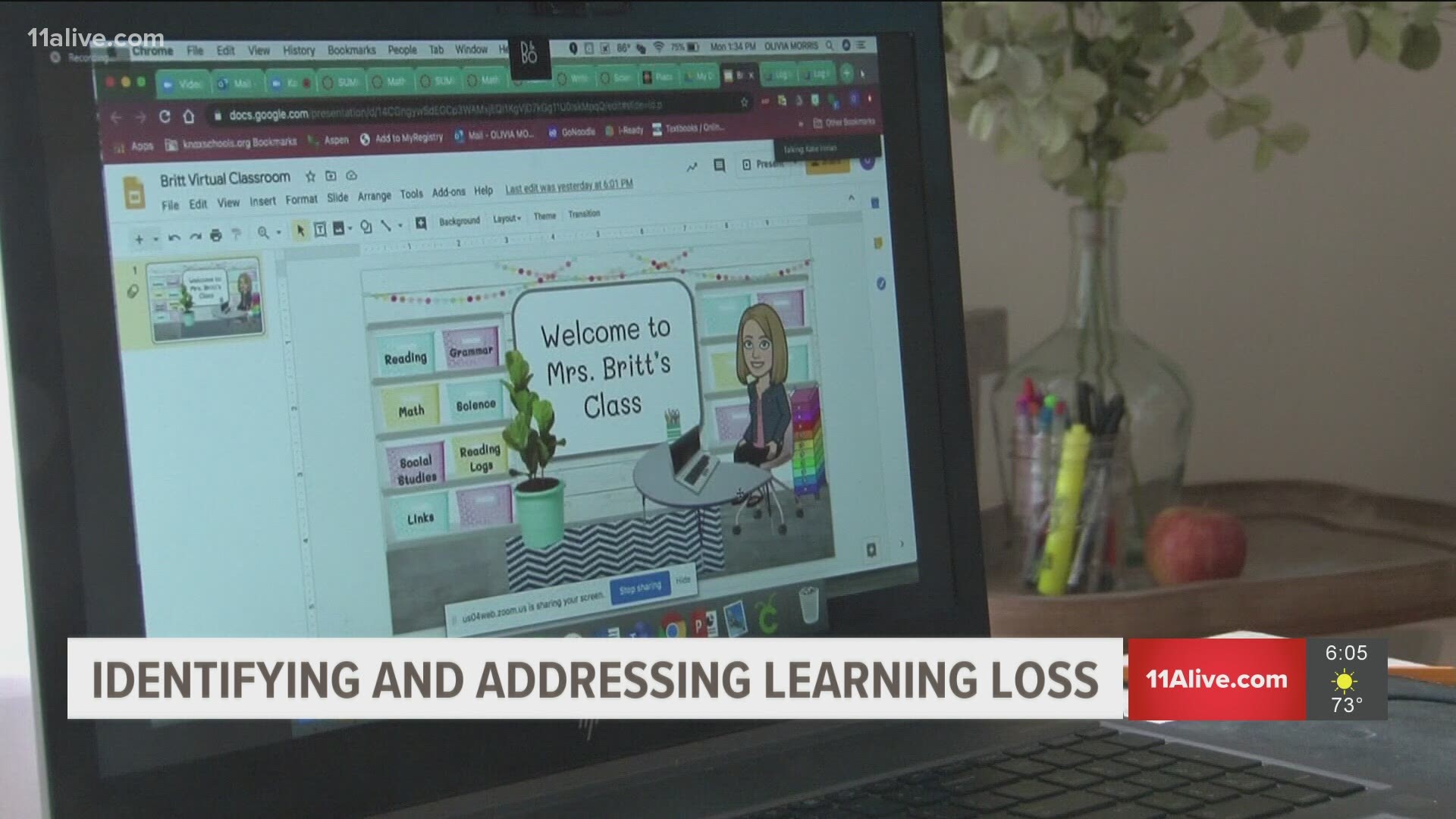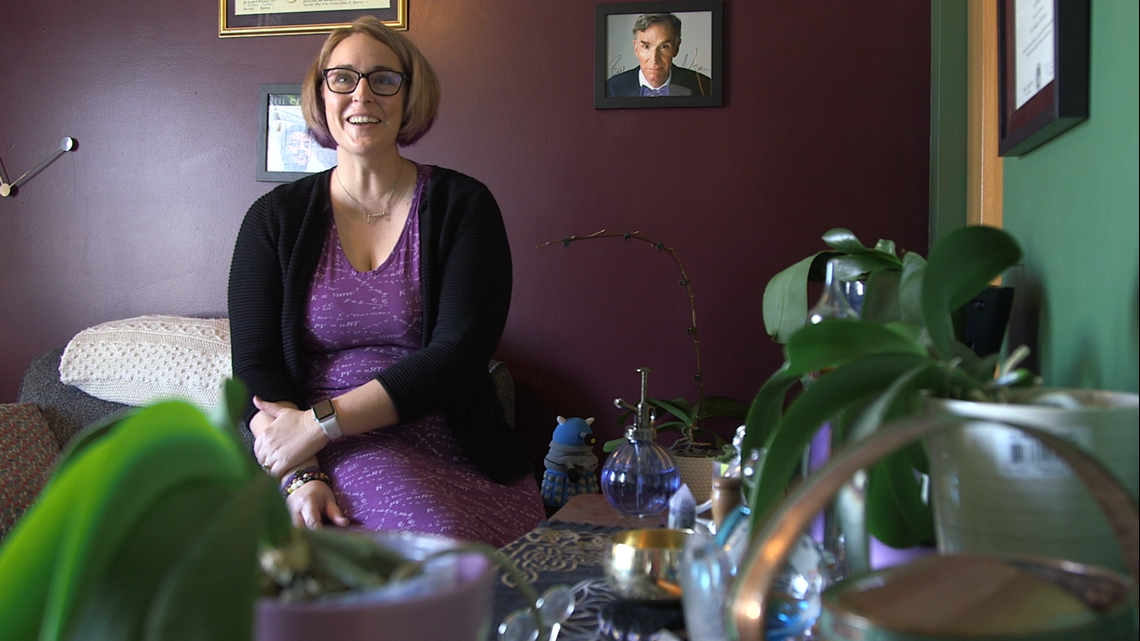ATLANTA — The COVID-19 pandemic has been marked by loss: in lives, livelihoods and learning. In weighing those costs, parents, teachers and students alike have a long road ahead to address the issue of learning loss.
"About a year ago, our world was upended," Clifford Jones, Chief Academic Officer with Fulton County Schools, said. "We're dealing with the impact on learning, the social and emotional impact on our students, the fatigue of our teachers."
Jones said enrollment has decreased in the school district about 4% from the year before, the largest drop on record. The administrator also lamented over the ever-widening performance gap.
"Our students have been impacted more in reading than in math," Jones said. "We’ve also noticed through the data that in certain student groups, their achievement gap has been exacerbated during this time of the pandemic.”
Cheryl Watson-Harris, superintendent of DeKalb County Schools, said students with technological barriers and differing family dynamics were struggling with academic performance and attendance the most during the pandemic.
“We did see a greater impact on our Hispanic students as identified by the code, as well as our refugee population," Watson-Harris said. "It’s our job as educators to find the right combination of experiences so that our students, regardless of the barriers, all end up in the same place.”
While Watson-Harris said learning loss had not amounted to as large a problem as she anticipated for her school district, she found neighboring school districts were dealing with more severe cases of learning loss. DeKalb County Schools will implement a summer school program of some sort, though details have not been released.
In a State House committee presentation earlier this year, the Georgia Department of Education reported that school districts relied on grades, teacher input, benchmarks and credits earned to identify learning loss.
The DOE suggested strategies of standardized testing, longer school days or school years, take-home materials and group tutoring among the solutions to remediate students who had fallen behind.
Even summer schools will see a surge in 2021. Fulton County Schools expects 30,000 students, or more than four times its normal enrollment, to participate in its summer program.
Atlanta Public Schools will spend $15 million dollars toward its summer school program, aiming to enroll about 20,000 students. That's more than half of its total student population.
Some teachers are receiving stipends for the extra work. But some experts predict extended hours could lead to teacher burnout, and ultimately, early retirements.
“We have a huge number of educators who have felt like they have not been heard through this process," Lisa Morgan, president of the Georgia Association of Educators said. "There are educators who are leaving the profession, and we know there are not enough educators coming into the profession already. We are going to need more counselors, more school social workers to help our children deal with the social and emotional toll they’ve experienced over the past year. Then, they can begin to flourish academically.”
Jones said the vaccine has offered a glimmer of hope in getting students back inside the classroom. Additional funding from the American Rescue Plan should help take some of the financial stress off administrators and school staff, he added.
The Fulton County School Chief Academic Officer said his district's plan would focus on small group instruction, flexible timing and a more honed curriculum to remediate students. He said getting students to understand the value of a high school diploma would go a long way in getting them back on track academically.
“We can’t do this all at once in one year," Jones said. "This is a two to three-year proposition to get back so that we’re all on grade level and we’re all moving forward from the effects of this pandemic.”


